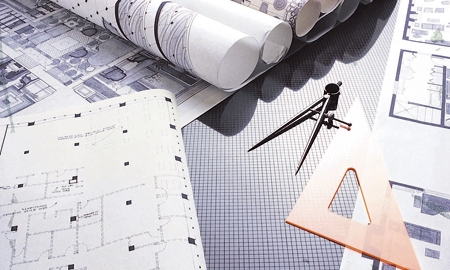While lower than its neighbouring Maghreb countries, the government deems this figure much too high for a country its size and wealth. Consequently, part of the national housing programme addresses the eradication of these dwellings and their replacement with homes that are up to standard.
Slums have been recorded dating back to the 1950s, especially around Algiers. Many of these were destroyed and a renewed large-scale operation, specifically intended to mark the 50th anniversary of independence, will clear out many more. The national slum clearance and rehousing programme currently under way began in 2008 and affects 1 million homes across the country. With respect to Algiers it will affect 45,000 families. Last September alone, 3,245 families were relocated to new homes across various districts of the capital city.
Similar settlement clearance and family relocation efforts are happening countrywide. In Oran, for example, more than 3,600 families were earmarked for relocation in January. Also, some 1,500 new housing units were created in the province of Guelma in the first quarter of 2012, adding to the 2,500 new homes created last year.
Mohamed Rehaimia, CEO and President of the OPGI in Hussein Dey, Algiers, explains that families residing in the dilapidated homes will be moved promptly into newly constructed buildings. Thanks to public funding, these new homes will cost very little to rent. “These services will be provided free, with people paying a very low rent equal to less than £3,” he says.
This use of public money, as well as the huge subsidies the government is giving to other housing projects, is a true manifestation of how Algeria is redistributing its wealth among Algerians.
“With all modesty, in this sector we are world leaders. I think we are alone in advocating this strong social policy,” says Mr Rehaimia.
The OPGI is also working to restore the country’s old buildings – or at least the ones worth saving. “They say that Algiers is the largest open museum,” says Noureddine Moussa, Minister for Housing and Urban Development.
Many buildings date back to the 19th century and their rehabilitation has not been easy. “One could say that buildings need health cards because each one is built with different materials and require specialised treatment,” adds the Minister.
For the rehabilitation of old buildings, OPGI has developed collaborations with French and Spanish partners, who have a wealth of experience in the area.
As Algeria frantically builds homes in order to meet deadlines, foreign companies will be invariably valuable partners to local companies, who must adopt “new practices to increase capacities and capabilities,” says Mr Rehaimia.

0 COMMENTS